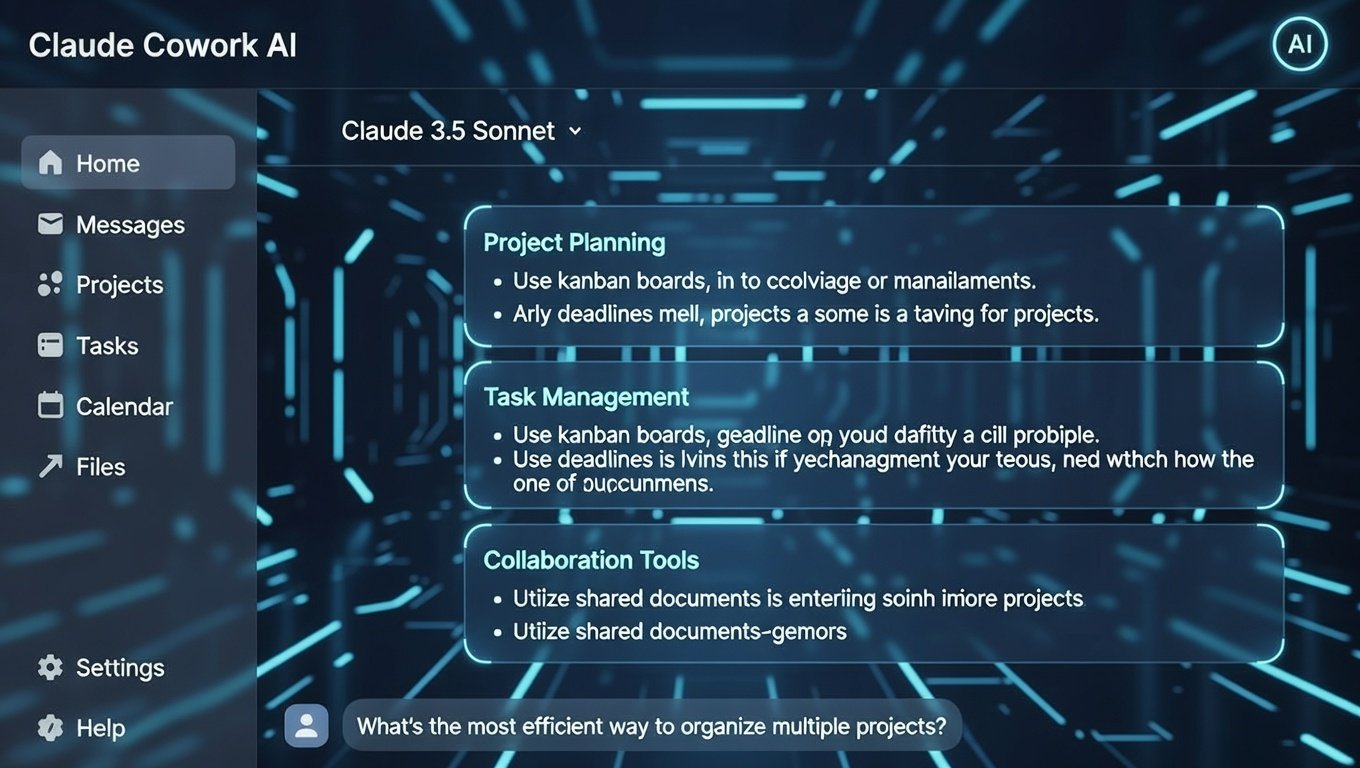The Metaverse buzzes with visions of hyper-realistic digital worlds, where we’ll work, play, and connect like never before. But beyond the dazzling avatars and flashy VR headsets, a silent force is weaving the fabric of this virtual reality: Artificial Intelligence.
AI in Metaverse

AI’s fingerprints are everywhere, from the unseen to the uncanny. It’s the secret sauce behind:
- Crafting immersive environments: Forget static landscapes. AI dynamically generates weather patterns, vegetation growth, and even the behavior of virtual creatures, making the Metaverse feel truly alive.
- Breathing life into digital avatars: AI imbues avatars with expressiveness and nuance. Facial recognition technology captures your emotions, translating them into realistic facial expressions for your avatar, while natural language processing powers lifelike conversations with virtual characters. A 2023 study by Stanford University found that AI-powered avatars could evoke empathy and emotional connection just as effectively as human interactions.
- Personalizing your Metaverse experience: Imagine a virtual world that adapts to your preferences. AI analyzes your behavior and interactions, recommending activities, tailoring environments, and even creating bespoke content just for you. A recent report by Gartner predicts that by 2026, 80% of Metaverse experiences will be personalized through AI.
- Ensuring the safety and security of this digital frontier: AI-powered moderators scan for offensive content and malicious behavior, keeping the Metaverse a safe and welcoming space for everyone. A 2022 survey by the Pew Research Center revealed that 72% of Americans believe AI will be crucial in preventing harassment and abuse in the Metaverse.
But AI’s role in the Metaverse goes beyond the obvious. Here are some underexplored areas where AI is quietly shaping the future:
- Bridging the accessibility gap: Imagine a Metaverse where physical limitations don’t hinder exploration. AI can translate real-time movements into virtual interactions, allowing people with disabilities to experience the Metaverse fully. A 2023 project by MIT Media Lab is developing AI-powered exoskeletons that seamlessly translate user intent into avatar actions, opening the Metaverse to a wider audience.
- Preserving cultural heritage: AI can digitize and restore historical artifacts, bringing them to life within the Metaverse. Imagine exploring ancient ruins alongside their original inhabitants, brought back to life through AI-powered animation and historical data. A 2022 initiative by the British Museum used AI to recreate the Parthenon in its full glory, offering a unique way to experience this historical landmark.
- Shaping education and training: The Metaverse presents a revolutionary platform for immersive learning. AI can personalize educational experiences, adapt to individual learning styles, and even provide real-time feedback and mentorship. A 2023 pilot program by Stanford University used AI-powered virtual tutors to personalize medical training for students, leading to significantly improved learning outcomes.
As the Metaverse evolves, AI’s role will become even more profound. We can expect advancements in:
- Sentient AI companions: Imagine AI-powered characters that not only react to your emotions but also develop their own personalities and relationships with you within the Metaverse.
- Neuro-synchronization: Brain-computer interfaces could blur the line between reality and the virtual, allowing us to directly control our avatars and experience the Metaverse with unprecedented depth.
- The ethical AI imperative: As AI’s influence grows, so does the need for careful consideration of its potential biases and ethical implications. Building a fair and inclusive Metaverse requires responsible AI development and governance.
The Metaverse is more than just a glitzy playground. It’s a canvas for reimagining human interaction, learning, and even our relationship with history. With AI as its brush, the Metaverse promises to be a vibrant, dynamic, and ever-evolving world, one that pushes the boundaries of what’s possible and challenges us to consider the ethical implications of this new virtual frontier.
AI in MetaVerse: Examples of How Companies and Organizations are Building the Metaverse
The Metaverse isn’t just a theoretical concept; it’s actively being constructed by some of the biggest names in technology and beyond. Let’s dive into some concrete examples of how AI is playing a starring role in this virtual world’s development:
1. Meta (formerly Facebook): Project Cambria and Horizon Worlds
Meta is heavily invested in the Metaverse, with several initiatives leveraging AI’s capabilities. Project Cambria, their next-generation VR headset, uses AI-powered eye tracking and facial recognition to enhance avatar expression and create a more intuitive user experience. Their social VR platform, Horizon Worlds, employs AI to generate dynamic landscapes, moderate content, and recommend activities based on user preferences.
2. NVIDIA Omniverse: Real-time Rendering and Collaborative Creation
NVIDIA’s Omniverse platform leverages AI in a big way. Its RTX technology uses AI-powered real-time rendering to create stunningly realistic and dynamic virtual environments. Omniverse Machinima uses AI to automate animation tasks, allowing creators to build intricate scenes and narratives with ease. Additionally, Omniverse Nucleus facilitates real-time collaboration between multiple users across different physical locations, powered by AI to synchronize edits and maintain consistency.
3. Microsoft Mesh: Holographic Collaboration and AI Assistants
Microsoft envisions the Metaverse as a space for seamless collaboration and communication. Their Mesh platform utilizes AI to power features like holographic avatars, which move and respond based on your real-time gestures and expressions. AI-powered assistants within Mesh can transcribe conversations, translate languages in real time, and even generate meeting summaries, enhancing collaboration across diverse teams.
Accenture Metaverse Continuum: Building the Business Metaverse
Accenture isn’t just advising clients on the Metaverse; they’re actively building it. Their Metaverse Continuum platform leverages AI in various ways, from analyzing large datasets to predict consumer behavior and optimize virtual storefronts to creating AI-powered virtual assistants and sales representatives. They aim to help businesses establish a seamless presence in the Metaverse, tailoring experiences to specific customer segments.
These are just a few examples of how diverse companies and organizations are utilizing AI to build the Metaverse.
From enhancing individual experiences to streamlining collaboration and powering economic opportunities, AI’s role is undeniable and constantly evolving. As the Metaverse takes shape, we can expect even more innovative ways in which AI will shape this virtual frontier.
About Author

Nancy Powell is an Expert in Automation with 12+ years of experience with global clients in the areas of Artificial Intelligence, Machine Learning, and Gen AI.




